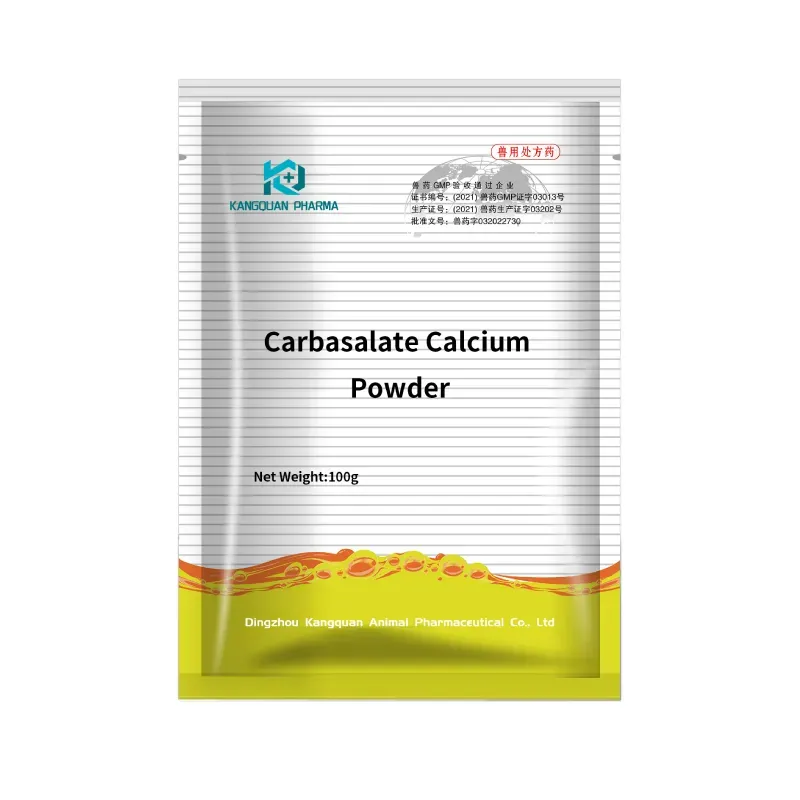- Afrikaans
- Albanian
- Amharic
- Arabic
- Armenian
- Azerbaijani
- Basque
- Belarusian
- Bengali
- Bosnian
- Bulgarian
- Catalan
- Cebuano
- Corsican
- Croatian
- Czech
- Danish
- Dutch
- English
- Esperanto
- Estonian
- Finnish
- French
- Frisian
- Galician
- Georgian
- German
- Greek
- Gujarati
- Haitian Creole
- hausa
- hawaiian
- Hebrew
- Hindi
- Miao
- Hungarian
- Icelandic
- igbo
- Indonesian
- irish
- Italian
- Japanese
- Javanese
- Kannada
- kazakh
- Khmer
- Rwandese
- Korean
- Kurdish
- Kyrgyz
- Lao
- Latin
- Latvian
- Lithuanian
- Luxembourgish
- Macedonian
- Malgashi
- Malay
- Malayalam
- Maltese
- Maori
- Marathi
- Mongolian
- Myanmar
- Nepali
- Norwegian
- Norwegian
- Occitan
- Pashto
- Persian
- Polish
- Portuguese
- Punjabi
- Romanian
- Russian
- Samoan
- Scottish Gaelic
- Serbian
- Sesotho
- Shona
- Sindhi
- Sinhala
- Slovak
- Slovenian
- Somali
- Spanish
- Sundanese
- Swahili
- Swedish
- Tagalog
- Tajik
- Tamil
- Tatar
- Telugu
- Thai
- Turkish
- Turkmen
- Ukrainian
- Urdu
- Uighur
- Uzbek
- Vietnamese
- Welsh
- Bantu
- Yiddish
- Yoruba
- Zulu
Gru . 11, 2024 08:59 Back to list
marbofloxacin injection
Marbofloxacin Injection An Overview
Marbofloxacin is a broad-spectrum, third-generation fluoroquinolone antibiotic commonly used in veterinary medicine. This injectable drug is effective against a wide range of Gram-positive and Gram-negative bacteria, making it a popular choice for treating bacterial infections in animals. Marbofloxacin is particularly noted for its potency and pharmacokinetic properties, which allow for convenient dosing regimens.
Mechanism of Action
Marbofloxacin works by inhibiting bacterial DNA gyrase and topoisomerase IV, two enzymes critical for bacterial DNA replication and repair. By disrupting these processes, marbofloxacin effectively halts bacterial growth and reproduction, ultimately leading to cell death. This mechanism of action is similar to other fluoroquinolones, but marbofloxacin offers a distinctive profile in terms of efficacy and safety, particularly in certain animal species.
Indications for Use
Marbofloxacin injection is indicated for various bacterial infections in animals, including but not limited to
- Respiratory Tract Infections It is used to treat pneumonia and other respiratory illnesses caused by susceptible pathogens. - Skin and Soft Tissue Infections The drug is effective against skin infections in pets and livestock. - Urinary Tract Infections Marbofloxacin is often prescribed for urinary tract infections in both small and large animals. - Gastrointestinal Infections It can also be used to address enteritis and other gastrointestinal conditions.
The injectable form allows for rapid absorption and systemic distribution, which is particularly beneficial in cases where oral administration may not be feasible due to the animal's condition.
Dosage and Administration
marbofloxacin injection

Marbofloxacin is typically administered via subcutaneous or intramuscular injection. The exact dosage will depend on several factors, including the species of animal, the type of infection, and the severity of the condition. Veterinarians must carefully calculate dosages to ensure both efficacy and safety. Generally, doses range from 1 to 2 mg/kg body weight, and treatment duration may vary depending on the infection being treated and the animal's response.
Side Effects and Precautions
While marbofloxacin is considered safe for use in many animal species, it is not without potential side effects. Common side effects can include gastrointestinal disturbances, such as vomiting and diarrhea. In some cases, it may also lead to adverse reactions such as hypersensitivity or allergic responses.
Precautions should be taken when administering marbofloxacin to animals with known sensitivities to fluoroquinolones. Additionally, it should not be used in young animals whose joints are still developing, as there is potential for cartilage damage. Pregnant or lactating animals should also be treated with caution, and the drug should be avoided unless absolutely necessary.
Resistance and Stewardship
As with any antibiotic, the use of marbofloxacin must be approached with caution to minimize the risk of developing antibiotic-resistant bacteria. Overuse and misuse of antibiotics can lead to resistance, making future infections more difficult to treat. Veterinary professionals must adhere to guidelines that promote responsible use, including selecting appropriate cases for treatment, using the correct dosages, and limiting the duration of therapy.
Conclusion
Marbofloxacin injection is a valuable tool in the veterinary arsenal against bacterial infections. Its broad-spectrum activity, combined with favorable pharmacokinetic properties, makes it effective for various conditions affecting multiple species. When used judiciously and with appropriate veterinary oversight, marbofloxacin can help ensure the health and well-being of animals, while also contributing to the ongoing efforts to combat antibiotic resistance. As research continues to evolve, marbofloxacin remains a pertinent example of how modern medicine addresses the challenges presented by bacterial infections in the veterinary field.
-
Guide to Oxytetracycline Injection
NewsMar.27,2025
-
Guide to Colistin Sulphate
NewsMar.27,2025
-
Gentamicin Sulfate: Uses, Price, And Key Information
NewsMar.27,2025
-
Enrofloxacin Injection: Uses, Price, And Supplier Information
NewsMar.27,2025
-
Dexamethasone Sodium Phosphate Injection: Uses, Price, And Key Information
NewsMar.27,2025
-
Albendazole Tablet: Uses, Dosage, Cost, And Key Information
NewsMar.27,2025













